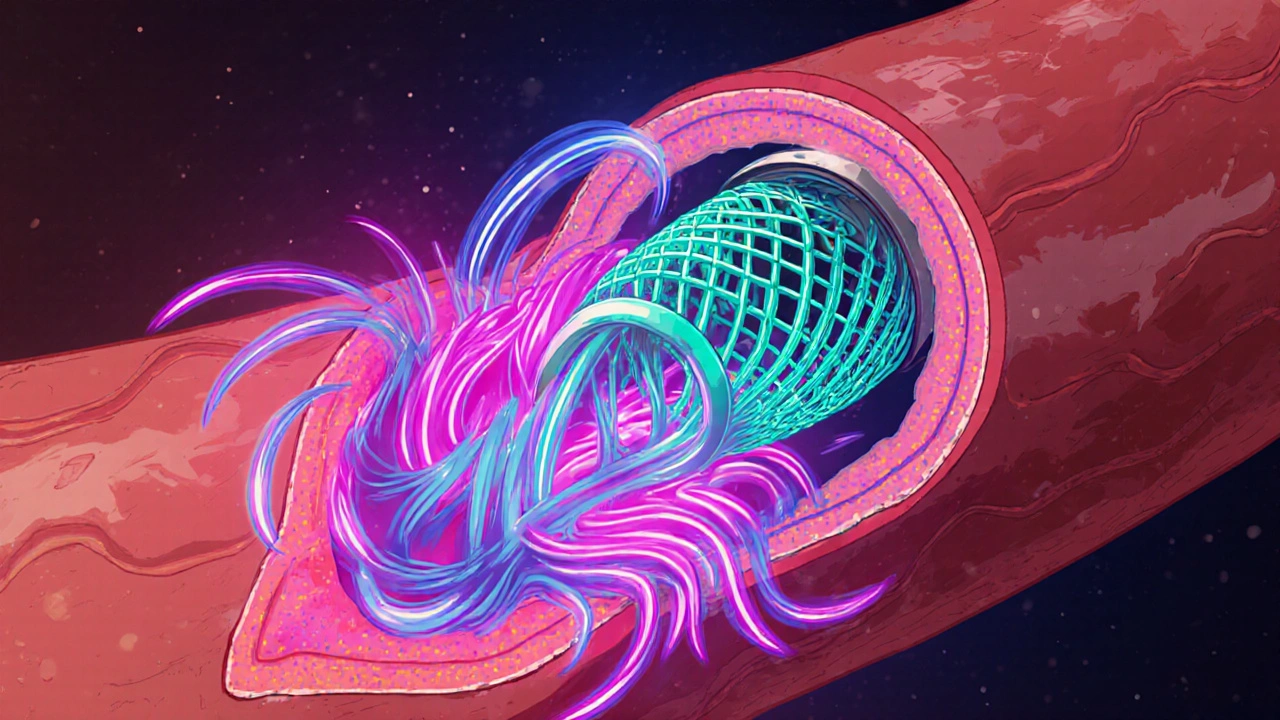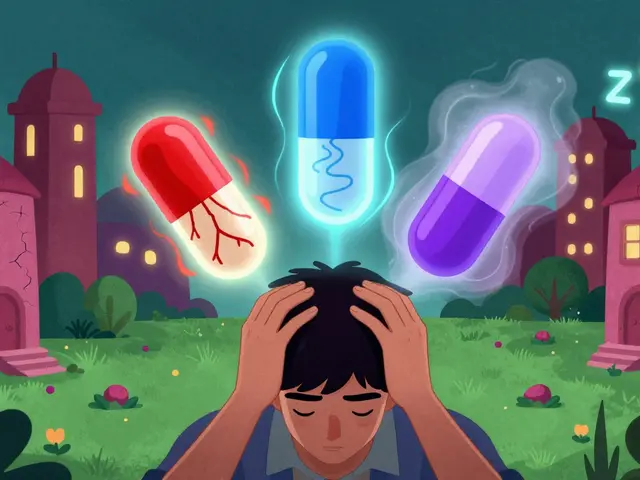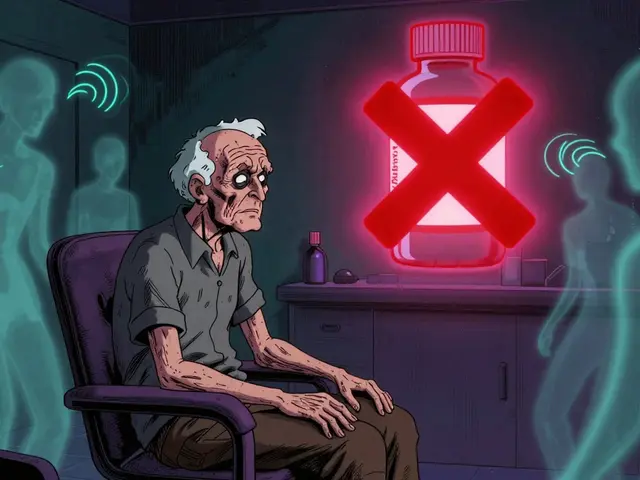Hypertension: Understanding High Blood Pressure and What You Can Do
When you hear hypertension, a chronic condition where the force of blood against artery walls is consistently too high. Also known as high blood pressure, it often has no symptoms but quietly increases your risk of heart attack, stroke, and kidney damage. About one in three adults has it, and many don’t even know. It’s not just a number on a machine—it’s a signal that something in your body’s balance is off.
Blood pressure medication, drugs designed to lower pressure by relaxing arteries, reducing fluid, or slowing heart rate is common, but it’s not the whole story. Many people see improvement by adjusting their blood pressure diet, a pattern of eating focused on reducing sodium, increasing potassium, and avoiding processed foods. Think less salted snacks, more leafy greens, beans, and whole grains. It’s not about perfection—it’s about consistency. And it works. Studies show that even small changes in diet can drop systolic pressure by 10 points or more.
It’s not just what you eat. Blood pressure management, the ongoing process of monitoring, adjusting lifestyle, and following medical advice to keep pressure in a safe range involves movement, sleep, and stress. Walking 30 minutes a day, cutting back on alcohol, and getting enough rest aren’t just good advice—they’re proven tools. You don’t need a gym membership. You need to move more, sit less, and give your body space to recover.
What you’ll find here aren’t generic lists or fluff. These are real, practical guides from people who’ve been there—how certain meds interact with food, what supplements might help or hurt, how to spot hidden sodium, and what alternatives exist when one treatment doesn’t work. Some posts compare medications like calcium channel blockers or diuretics. Others dig into how kidney health or sleep apnea ties into pressure spikes. There’s no magic pill, but there are clear steps. And they’re all backed by what works in real life, not just clinical trials.
 21 October 2025
21 October 2025
How High Blood Pressure Increases Risk of Blood Clots in Stents
Learn how high blood pressure raises the risk of blood clots in coronary stents, the underlying mechanisms, clinical data, and practical steps to lower that danger.
Latest Posts
-

Cochlear Implants: Top Benefits for Severe Hearing Loss
-

Can atenolol cause or worsen depression? What you need to know
-

Migraine Medications: Triptans, Gepants, and Ditans Safety Compared
-

Trazodone vs. Alternatives: Which Sleep Aid Is Right for You?
-

Parkinson’s Disease and Antipsychotics: How Certain Medications Worsen Motor Symptoms

11